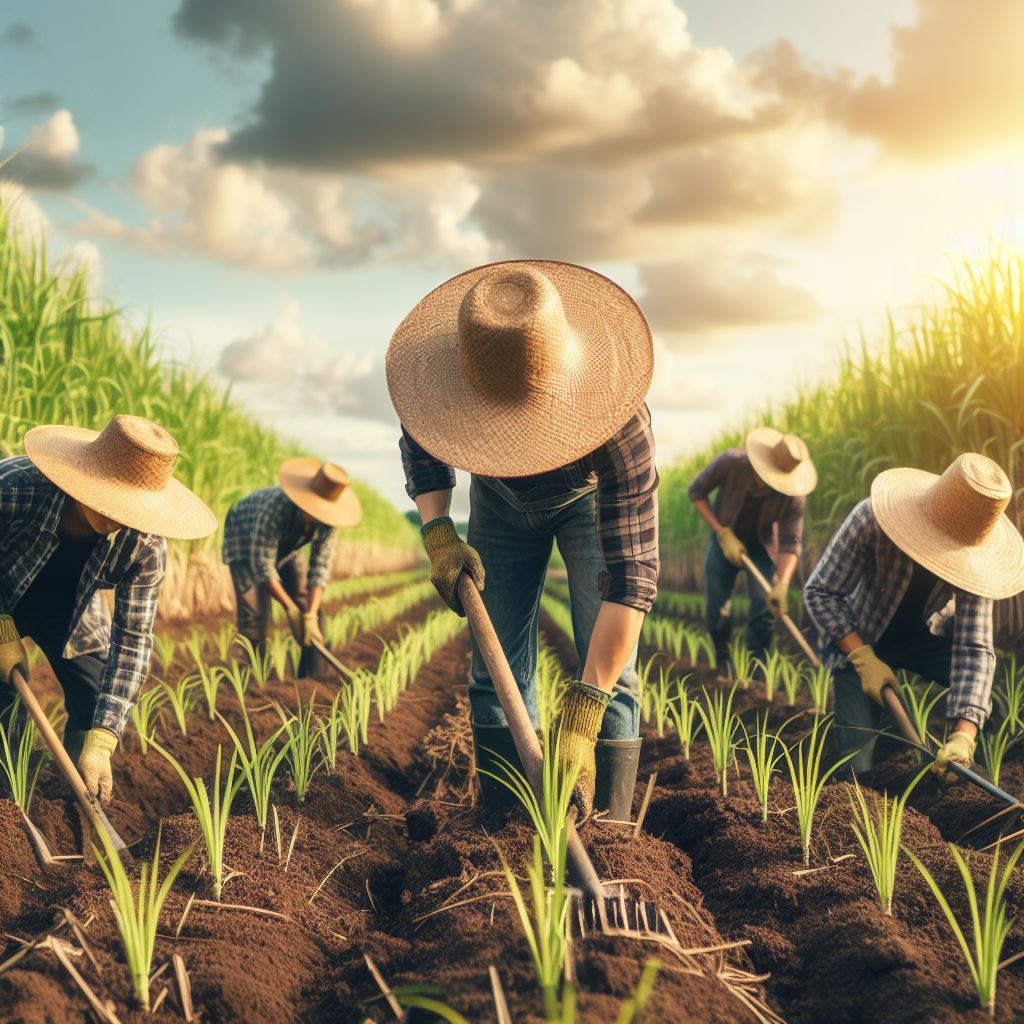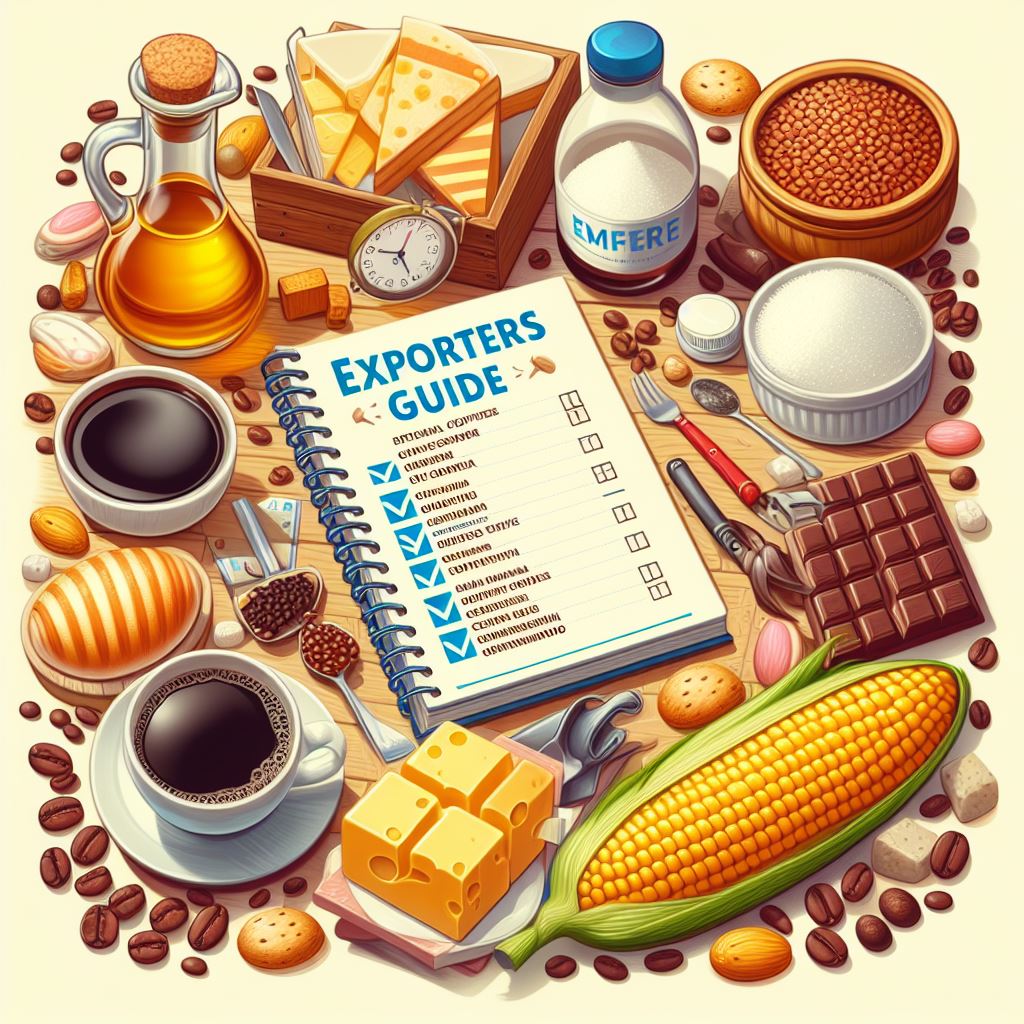The sugarcane industry’s unexpected turnaround
Sometimes industrial transformation takes place in Brazil in places where it is least expected. In just one generation, the country’s sugar industry has gone from a colonial sector to a global powerhouse of agro-energy infrastructure.
Until the beginning of the millennium, the Brazilian sugar industry was mainly one thing: quite backward. They were agro-industrial giants controlled by families, many of them brigades, who hardly invested and were often in debt. In other words, little has changed in the sector since colonial times.
That all changed suddenly when, in 2005, the United States decided to replace 20% of its gasoline and diesel with fuels made from renewable raw materials. The US alone could not meet the exploding demand.
In Brazil, a massive investment boom has begun in the sugar sector, as well-equipped sugar factories can produce ethanol in addition to sucrose – depending on the product with the highest price. To date, ethanol obtained from sugar is one of the most sustainable fuels in the world, used massively. In its production, much less carbon dioxide is emitted than, for example, with corn.
The most exemplary company in the sector is Cosan, the largest exporter of sugar and ethanol in the world. In 2008, the company purchased Esso’s gas station network in Brazil. At the time, few understood the logic behind the agreement by which Cosan secured a competitive advantage: in a short time, the company was able to supply its own ethanol to its own network of gas stations, thus managing to manage supply, production and storage better than the competition.
Since then, Cosan has merged with the Brazilian subsidiary of Shell, creating the largest sustainable fuel conglomerate in the world. But Cosan is not alone: Copersucar, number 2 in Brazil, currently sells more ethanol through its US subsidiary Eco Energy than in Brazil. The company is building the 11th ethanol terminal in California to secure fuel supplies.
However, the industry is developing rapidly: since transporting ethanol to the coast for export is expensive via train or truck, Cosan started investing in train lines. The subsidiary Rumo is currently the largest operator of train lines in Brazil, with its own port terminals and charging stations in agrarian regions. In addition, Cosan sells gas in the state of São Paulo through its own gas pipelines. A long time ago, therefore, Cosan also became a logistics company.
In just a few years, the sugar industry has become one of the largest energy producers in Brazil. Traditionally, sugarcane bagasse is incinerated in refineries to obtain energy for processing. Today, modern sugar factories supply electricity to the grid. One third of Brazilian energy is produced in agriculture.
Now, the sugar sector is investing in biogas. For this, it uses yeast and material residues in the filters used in the production of alcohol. Crushed cane is also transformed into biogas through enzymes, and the gas is transformed into electricity in power plants.
Also, since it will not be long before the sugar companies supply their tractors and trucks in factories and plantations with their own biogas. Last year, truck manufacturer Scania delivered the first trucks powered by biogas and methane.
With the rules for the reduction of greenhouse gases, the Raízen branch of Cosan has already seen the next business opportunity: 40% of its sugarcane is certified so that it can be traced by customers who want to be sure that the product was not planted in burned areas of the rainforest.
For this certified ethanol, companies can demand a high premium, since, with an eye on customers, cosmetics companies, bioplastics manufacturers or beverage companies require ethanol with certification of origin.
Twenty years ago, who would have expected that the sugar companies of Brazil would become pioneers in the industrial transformation of the country?
For over 25 years, journalist Alexander Busch has been a South American correspondent for the Handelsblatt publishing group (which publishes the weekly Wirtschaftswoche and the daily Handelsblatt) and the Neue Zürcher Zeitung newspaper. Born in 1963, he grew up in Venezuela and studied economics and politics in Colonia and Buenos Aires. Busch lives and works in São Paulo and Salvador. He is the author of several books about Brazil. Click here to read their columns.
The text reflects the author’s opinion
Source: https://www.dw.com/pt-br/a-inesperada-reviravolta-da-adormecida-ind%C3%BAstria-da-cana-de-a%C3%A7%C3%BAcar/a-60566677





